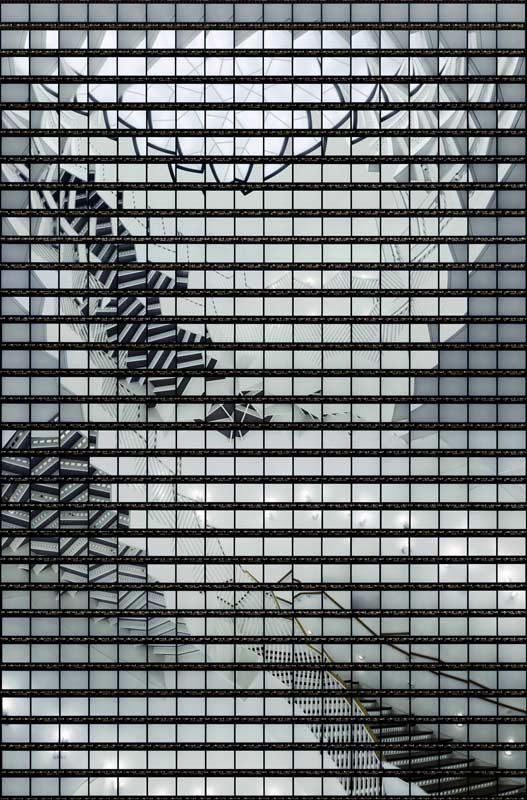Josef Paul Kleihues (1933 - 2004)
Kleihues was born in 1933 in Rheine. He was a famous German architect.
He studied architecture at the University of Stuttgart and at the Technical University of Berlin. From 1957 to 1994 he had several professorships in Dortmund. He opened his first office in Berlin in 1962. Kleihues invented the concept of the “critically reconstruction” and contrasted strongly with the common urban planning of 1950 to 1970. His buildings influenced the architectural appearance of Berlin in the1980s and 1990s. He died in 2004 in Berlin and is buried at the Cemetery in Dahlem.
Since the death of Josef Kleinhues, Jan Kleinhues and Noerbert Hensel continuing the office Kleinhues and Kleinhues.
Important works
- Officebuilding, Stuttgart
- Facade Peek & Cloppenburg, Köln
- Reconstruction of Villa Joop, Hamburg
- Facade Peek & Cloppenburg, Kaiserslautern
- Mueseum of Contemporary Art, Chicago
- Museum Hamburger- Station, Berlin
- House Sommer, Berlin
- Wohnblock Havelspitze, Berlin
- House Liebermann, Berlin
- Hotel Four Seasons, Berlin
- Checkpoint-Charly-Arkaden, Berlin
- Shoppingmall Kornwestheim, Kornwestheim
- Gallery Sindelfingen - Lütze Museum, Sindelfingen
- High- rise building Kantdreieck, Berlin-Charlottenburg
- Museum Karmeliterkloster, Frankfurt am Main
- block of flats in Wien
- Steelmuseum, Solingen
- Museum fuer Gegenwartskunst (Mueseum of Contemporary Art), Siegen, Germany
- Enlargement of the Hospital Neukölln, Berlin
- Living- and Shoppingcentre, Wulfen
- Stategallery Nordrhein-Westfalen, Düsseldorf
- Hospital, Berlin-Neukölln
- Sprengel-Museum, Hannover
- Block 270, Berlin
- Maingarage of the Berliner Stadtreinigung, Berlin
- pedestrian precinct in Berlin-Gropiusstadt, Berlin
- Kopfklinik Westend, Berlin-Charlottenburg
- Deichtorhallen, Hamburg
- Museum Blankenheim, Blankenheim
- Krippenmuseum, Telgte









